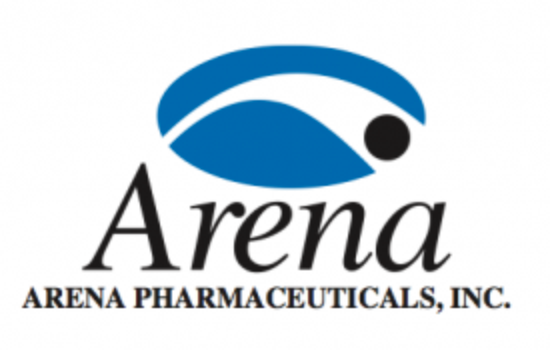 Arena Pharmaceuticals, Inc. has announced that it will initiate dosing of the first patients in its phase 2 clinical trial for the evaluation of a potential therapy for pulmonary arterial hypertension (PAH), called ralinepag. The medication is an oral, non-prostanoid prostacyclin (IP) receptor agonist that will be tested in 60 PAH patients, as announced by the company in a recent press release.
Arena Pharmaceuticals, Inc. has announced that it will initiate dosing of the first patients in its phase 2 clinical trial for the evaluation of a potential therapy for pulmonary arterial hypertension (PAH), called ralinepag. The medication is an oral, non-prostanoid prostacyclin (IP) receptor agonist that will be tested in 60 PAH patients, as announced by the company in a recent press release.
The phase 2 trial was designed by Arena as a randomized, double-blind and placebo-controlled study to be conducted within 22 weeks to assess the safety and tolerability of ralinepag, as well as the hemodynamic and exercise capacity effects in 60 participants with PAH. “An intriguing component of this compound is the smooth peak-to-trough ratio, which may potentiate efficacy and minimize toxicity relative to currently available therapies,” explained the Emeritus Professor of Medicine at University of California, San Diego, School of Medicine, Lewis J. Rubin, M.D.
“This clinical trial should help to further elucidate how ralinepag’s intrinsic properties translate to its efficacy and safety profile,” added Rubin. The first nine participants in the study will be used to adjust the medication to each patients’ tolerance level, which will then be sustained for the remainder of the trial.
[adrotate group=”4″]
“We believe ralinepag offers promise in the IP receptor class of molecules given its oral availability, long plasma half-life, and high selectivity and potency in vitro,” stated the president and chief executive officer at Arena, Jack Lief. “In conjunction with our other clinical-stage programs, this compound further enhances our optimism about Arena’s value drivers.”
Ralinepag, an orally available agonist of the IP receptor, is currently an investigational drug candidate developed by Arena, which has demonstrated a 25-hour half-life in phase 1 studies, suggesting that the drug may be dosed once or twice per day. The company expects the compound to offer clinical benefits similar to currently available IP receptor agonists with the potential to improve treatment for patients with PAH.
In addition, the U.S. Food and Drug Administration (FDA) has recently granted ralinepag the orphan drug designation for the treatment of PAH, a progressive and life-threatening disease. The condition, characterized by high pressure in the arteries that transport blood from the heart to the lungs, causes the increase of the pressure in the strains of the heart, limiting physical activity, and consequently the heart’s normal function.

